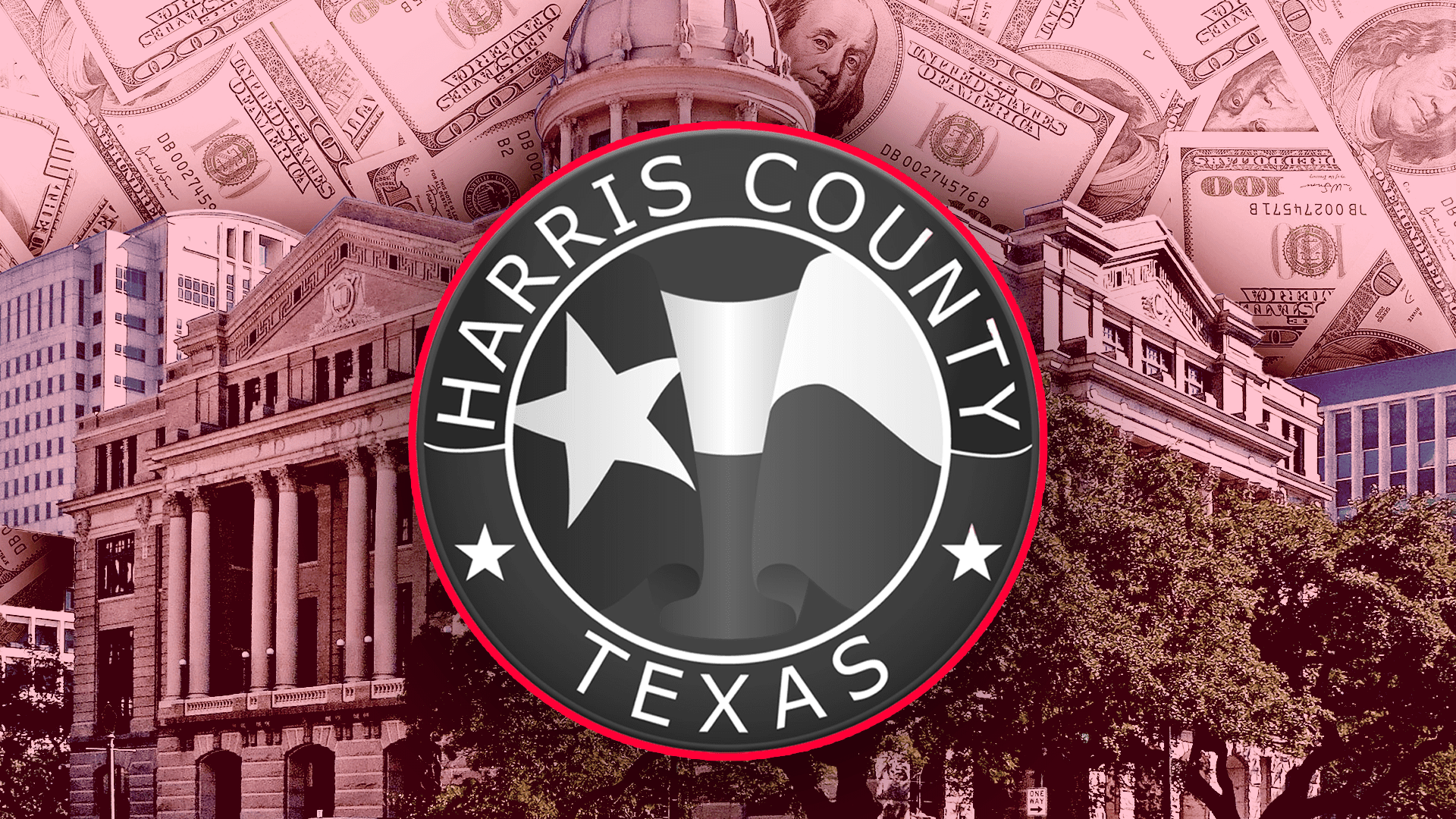Texas Gov. Greg Abbott revealed Thursday that the state’s new corporate welfare program will begin taking applicants.
The initiative—known as the Texas Jobs, Energy, Technology, and Innovation program or “JETI”—was approved after Abbott signed House Bill 5 of the 88th Regular Legislative Session into law last summer.
It specifically provides tax abatements to manufacturing facilities covering high-tech infrastructure, dispatchable electric generation, natural resource development, and more through public-private partnerships.
“The JETI program is a new, transparent economic development incentive tool to help our communities continue to attract transformational capital investments that will create good-paying jobs for generations to come,” Abbott stated in the press release.
“With strategic, ongoing investments in infrastructure, education, and workforce development, coupled with new economic development incentive tools like JETI, we will continue to attract even more innovative industry leaders and promote increased prosperity for Texans across our entire state for an even bigger, bolder Texas,” he added.
Some politicians have presented the JETI program as a replacement for the Texas Economic Development Act of 2001, which added similar tax incentives for businesses by amending Chapter 313 of the Texas Tax Code.
The controversial Chapter 313 program was reauthorized several times until 2021, when state lawmakers chose to let it expire over concerns about the approval process and its provisions applying to renewable energy initiatives.
Unlike Chapter 313, the JETI program requires the comptroller, governor, and a bicameral legislative committee to weigh in.
Supporters also insist it bars unreliable energy facilities from reaping the benefits.
Still, the rest of the JETI program looks a lot like Chapter 313, barring some minor changes.
Like Chapter 313, JETI lasts a decade, is tied to the maintenance and operations (M&O) tax rate, and features a tiered qualification system factoring in county population size, number of employed workers, and extent of investment.
Texas Scorecard previously reported on the lasting effects of Chapter 313. It allowed school districts to decide which businesses to favor with lower M&O taxes, while other taxpayers paid up. Unreliable energy initiatives were also able to apply for these favors.
The report highlighted one study by the University of Texas at Austin in 2017, which found that only about 15 percent of firms in 80 surveyed Chapter 313 deals would have done business elsewhere if not for the deal.
Texas Public Policy Foundation (TPPF) Senior Fellow Stanley Greer overviewed the program in a November 2018 paper for the group’s Armstrong Center for Energy & the Environment.
“The reason the school district doesn’t lose any revenue is that individuals and businesses located across Texas who pay state sales, franchise, and other taxes have to reimburse the school district for all the revenue it doesn’t collect in property taxes,” Greer explained.
Jeramy Kitchen, the former executive director of Texas for Fiscal Responsibility (TFR), wrote when Abbott first signed HB 5 in June that the measure was only the tip of the iceberg in terms of corporate welfare.
In total, Kitchen estimated that corporate welfare programs will cost Texas over $12 billion from 2024 to 2025 due to measures passed in the last legislative session.
TFR President Andrew McVeigh told Texas Scorecard Thursday that JETI is “a significant step backward in the fight for eliminating property taxes and leveling the playing field for Texas families and small businesses.”
“JETI opens the door for large corporations to receive what is essentially a 50 percent school district property tax cut for a decade,” McVeigh stated. “While a desire for economic growth is laudable, corporate welfare such as this is a disastrous way of attempting to achieve it by interfering in what is supposed to be a free market.”
Texas-based economist Vance Ginn, formerly of TPPF, stressed to Scorecard on Friday that the state should have “no role in picking one business over another whether in the expired chapter 313” or the JETI program.
“The new corporate welfare program has improved transparency and may not include unreliable energy projects but it will still be a major impediment to existing businesses, individual property taxpayers, and the Texas economy,” Ginn stated. “The market of people deciding what’s best is the proven way to let people prosper, not these sort of sweetheart deals that reflect more of socialism than capitalism.”
No ads. No paywalls. No government grants. No corporate masters.
Just real news for real Texans.
Support Texas Scorecard to keep it that way!





